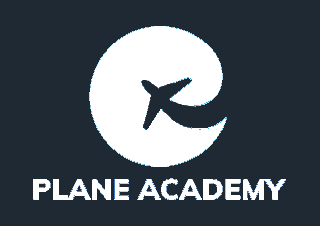What do I need to know?
Aircraft Maintenance Engineers are highly skilled individuals who are responsible for maintaining and repairing aircraft systems, structures and engines.
Engineering is a part of everyday life, the electricity used to charge your phone and power your alarm clock is part of a national grid. The car you use to drive around, the mains water supply etc have all had input from some form of engineer.
When it comes to the aviation industry, there are multiple different engineering disciplines involved. From Mechanical and Aerospace engineers designing the aircraft and hydraulic systems, Civil engineers ensuring runways are strong enough, to electronic and electrical engineers designing the electrical systems. Once an aircraft is in service, it needs regular maintenance at set intervals (these intervals are laid out by the manufacturer).
Aircraft engineering is a job that has safety as its primary objective. Not only is it a safety-conscious job, but engineers, in general, are also responsible for ensuring the task/project is completed to a set budget and timeline.
Do I have what it takes?
- It is a physically demanding job (you may be required to pass a medical)
- Excellent maths and science understanding
- Logical thinker
- Natural problem solver
- Patience
- Diligence with an attention to detail
- You need to thrive under pressure to turn aircraft around on a tight schedule
- Leadership and team working skills
It is also necessary:
- To be 16+ for various courses
- To hold A-levels for the university course or GCSEs for the colleges (typically Maths and Physics)
- Receive certified training and hold the correct qualifications
Where to Train?
Depending on previous qualifications and the type of course required, there are various different institutions and locations to train. This could be a University course that requires A-Levels or it could be a college course that requires GCSEs. Finally, you would then be required to complete a course to allow you to work on a specific type of aircraft. These are all located at various locations around the United Kingdom and could be for either EASA or UK CAA.
There are two different types of maintenance licenses. Category A and Category B.
